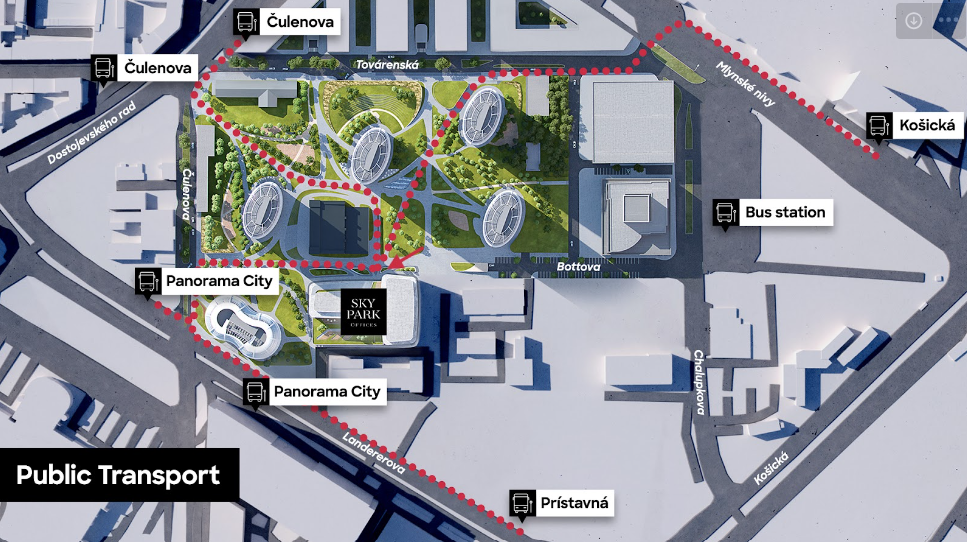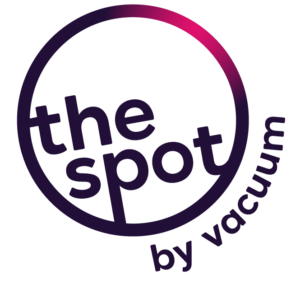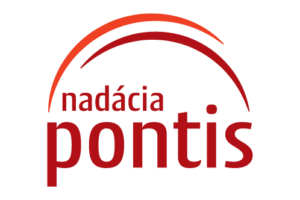Čo je
KInIT Natural Language Processing School (Winter Edition)
Next edition of KInIT Natural Language Processing School will take place on February 7th, 2025 as a one-day event, focusing primarily on university students to provide an introduction to natural language processing (NLP) – a subfield of AI with tremendous impact and potential to improve our lives. It will take place at the Kempelen Institute for Intelligent Technologies (KInIT) in Bratislava under the supervision of experts from KInIT and partner institutions.
The Winter School will welcome university students (any year of study), and smart high school students will be considered as well. The event is free of charge. There will be a selection process based on the motivation letter provided in the registration form as the capacity of the venue is limited.
The focus of the school will be on introducing the field of natural language processing and the tasks it incorporates. Next, we will delve into the neural networks and fundamental approaches that most NLP applications today are built on. Finally, a hands-on session aimed at language model fine-tuning will enable students to engage with the technology, apply theoretical knowledge and develop practical skills.
Kempelen Institute of Intelligent Technologies (KInIT) is an independent, non-profit institute dedicated to intelligent technology research. On our mission of interconnecting academia and industry, we bring together and nurture experts in artificial intelligence and other areas of computer science, with connections to other disciplines.
When?
- 7th February 2025, 8:30-16:30 CET
Tentative Programme:
8:30 Breakfast
9:00 Quick Intro (Michal Gregor, KInIT, UNIZA)
9:15 Intro to Deep Learning (Jaroslav Kopčan, KInIT)
A brief introduction to deep neural networks and deep learning for the uninitiated. We will make a very brief dive into the basic principles of how artificial neural networks learn, what components are needed to make it work in networks with many layers and what advantages that brings us in terms of global generalization. Finally, we will look into why well-designed inductive preferences are key to good results.10:30 Coffee Break
10:45 LLMs: Moving Towards Intelligence (part 1) (Michal Gregor, KInIT, UNIZA)
Large language models have several game-changing properties that are helping to accelerate progress in the field of artificial intelligence. The talk will explain the basics of LLMs, including their neural architecture, how they are trained, etc. and it will then outline how they fit into the broader AI context and what aspects, what their current limitations are and what needs to improve in the future for the field to move forward.12:30 Lunch
13:15 LLMs: Moving Towards Intelligence (part 2) (Michal Gregor, KInIT, UNIZA)
Large language models have several game-changing properties that are helping to accelerate progress in the field of artificial intelligence. The talk will explain the basics of LLMs, including their neural architecture, how they are trained, etc. and it will then outline how they fit into the broader AI context and what aspects, what their current limitations are and what needs to improve in the future for the field to move forward.- 🌐 13:45 Multimodality in Image-Language Models: Understanding and Probing Capabilities (Ivana Beňová, KInIT)
14:30 Coffee Break
14:45 Fine-tuning language models – hands-on (Martin Tamajka, KInIT)
In this workshop, we’ll look at tools commonly used to effectively fine-tune language models so that they better fit your data and task. In the hands-on part, you’ll fine-tune one or several language models and evaluate how the fine-tuning helped to increase their performance.16:15 Social Activity & Networking
Registration
Registration is now closed.
Partners
KInIT Natural Language Processing Winter School is sponsored by Nadačný fond Telekom pri Nadácii Pontis.
Previous editions
How to attend?
The event will take place on 7th February 2025 in the KInIT offices at The Spot on the 6th floor.

About us:
Natural language processing (NLP) is the intersection of information technology and linguistics. It is concerned with processing the huge amounts of unstructured natural language data that emerge at lightning speed in the digital era – the age of social networks. We research and deliver novel methods to improve NLP tasks of different types while covering multiple stages of text processing.
Our research combines various approaches, from linguistic and statistical to machine learning and deep learning. We employ novel language models that take advantage of recent advances in the field while covering a variety of application domains. We focus on open problems related to text classification, information extraction, sentiment analysis and text generation. We look for applications of transfer learning and improving the interpretability of NLP models. Our work includes the processing of low-resource languages, such as Slovak.
Read more information about our research here.


